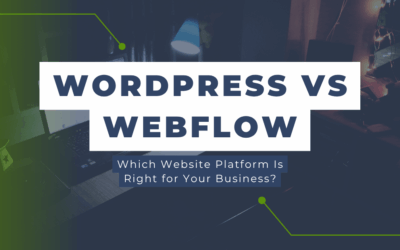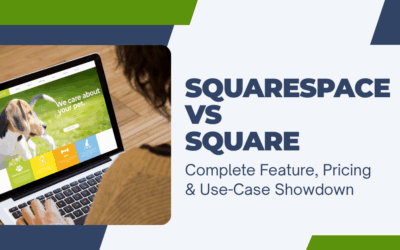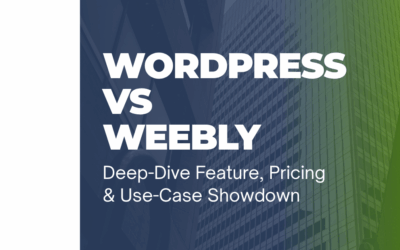Table of Contents
- Introduction
- Platform Overviews
- Comparison at a Glance
- In-Depth Comparisons
- Verdict & Decision Guide
- FAQs
1. Introduction
Choosing the right platform is key. WordPress and GoDaddy Website Builder both appeal to different needs—WordPress dominates with flexibility and power, while GoDaddy excels in simplicity and speed. This guide delivers a head-to-head evaluation so you can choose with confidence.
2. Platform Overviews
What is WordPress?
- Open-source CMS powering over 43% of all websites.
- Self-hosted version (WordPress.org) offers complete customization via themes, plugins, and hosting.
- Can also use WordPress.com for hosted plans.
What is GoDaddy Website Builder?
- Proprietary, drag-and-drop site builder with built-in hosting, domain, SSL, and AI design tools like Airo.
- Tailored to users wanting a fast, all-in-one setup.
3. Comparison at a Glance
| Feature | WordPress | GoDaddy Website Builder |
|---|---|---|
| Ease of Use | Moderate learning curve, intuitive UI | Very beginner-friendly, fast onboarding |
| Customization | 12,000+ themes, 60,000+ plugins | ~200 templates, limited flexibility |
| eCommerce | WooCommerce: robust, scalable | Basic store features, limited integrations |
| SEO Tools | Plugins like Yoast, Rank Math | Basic meta tag support |
| Performance | Depends on hosting, can be optimized | Decent shared hosting, fast deploy |
| Support & Community | Massive community, docs, forums | 24/7 support, smaller community |
| Security & Updates | Manual updates required, add plugins | Managed security, auto-updates |
| Pricing | Free core + hosting (~$5–25/month) | $10–25/month, hosting & domain included |
4. In-Depth Comparisons
Ease of Use
GoDaddy offers instant setup with AI themes, perfect for non-technical users. WordPress has a learning curve, but page builders make it accessible.
Design & Customization
WordPress gives you full design control with extensive theme/plugin support. GoDaddy is more limited but user-friendly.
Features & Flexibility
WordPress is a powerhouse with its plugin ecosystem. GoDaddy covers the basics but doesn’t scale as well.
eCommerce Capabilities
WordPress + WooCommerce supports large, complex stores. GoDaddy works well for small inventories or quick launches.
Performance & Speed
WordPress depends on your hosting provider. GoDaddy offers consistent performance but fewer customization options.
SEO Friendliness
WordPress offers deep SEO control through tools like Yoast. GoDaddy includes basic SEO features but lacks plugin extensibility.
Support & Community
WordPress has an enormous support ecosystem. GoDaddy’s 24/7 support is helpful but less community-driven.
Security & Maintenance
GoDaddy automates updates and backups. WordPress requires manual maintenance unless managed hosting is used.
Pricing & Value
GoDaddy includes most features in a flat fee. WordPress can be cheaper initially, but requires add-ons and hosting upgrades for scale.
5. Final Verdict & Decision Guide
- Choose GoDaddy if you want simplicity, speed, and all-in-one setup.
- Choose WordPress if you need control, scalability, and advanced features.
Flowchart suggestion: Simple needs → GoDaddy | Advanced control → WordPress
6. FAQs
Can I migrate from GoDaddy to WordPress? Yes. Export your content, set up hosting, and import it into WordPress.
Which is better for SEO? WordPress, due to comprehensive SEO tools and control over site architecture.
Which is more affordable? GoDaddy simplifies pricing. WordPress offers better ROI long-term if scaled properly.
Which is best for ecommerce? WordPress with WooCommerce provides superior features and flexibility.
Still not sure which platform is right for you? Take this quick 2-minute quiz to find the perfect website platform for your business.




